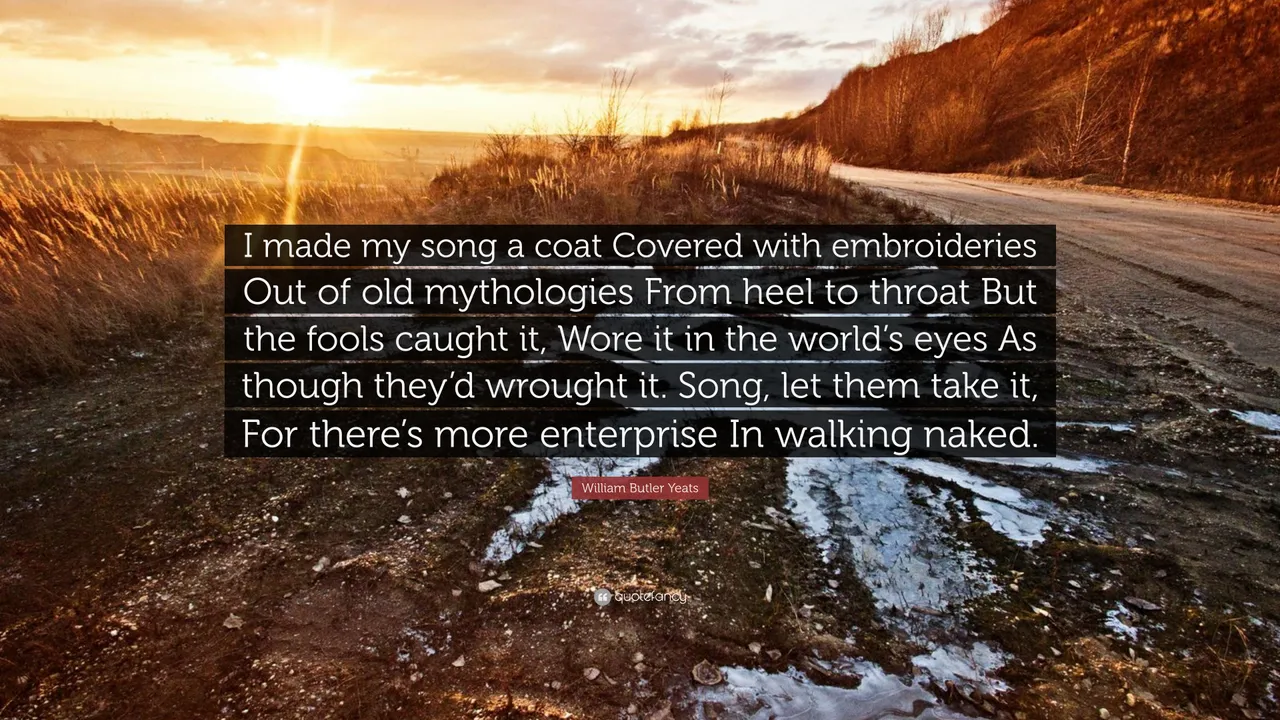
Poetry is a strange beast. Even if my life depended on it, I could not write a good verse. Maybe I lack the passion or the rhythm. In that way, it’s rather like art or music. I love those, too, but am not good creating at them.
Though poetry isn’t my medium of expression, I can drink it. A good poem fills me with intensity. It takes the insanity of life and arranges those disparate pieces in an order that shapes into meaning. It lays out a path in the wilderness and takes me to places I never knew existed...in my own mind. There's happiness, sorrow, fear, anger, forgiveness, love, and every other human feeling. I can emerge from a book of poetry much like I emerge from listening to good music or taking a swim in cold water on a warm day: refreshed and rejuvenated. I’ll skip the massage; give me some Coleridge or Dickinson.
Some people are intimidated by poetry just as others are frightened of art, wine, or fashion. Don’t be. Snobs have created their own vocabulary to give their own lives value, but that does not prevent you from participating in the same spheres. View, drink, or wear what you want. Like it, hate it, or react to it honestly and in your own words. Don’t let snobs tell you it's not your place because you belong also. And don't let trendsetters tell you what to follow. Make your own direction.
One of my favorite poets is William Butler Yeats. When I was in college, I actually went to Ireland for a semester just to study Yeats’ poetry; that’s how important it was to me. His poems span a broad section of life’s experience and I find a lot of wisdom in them.
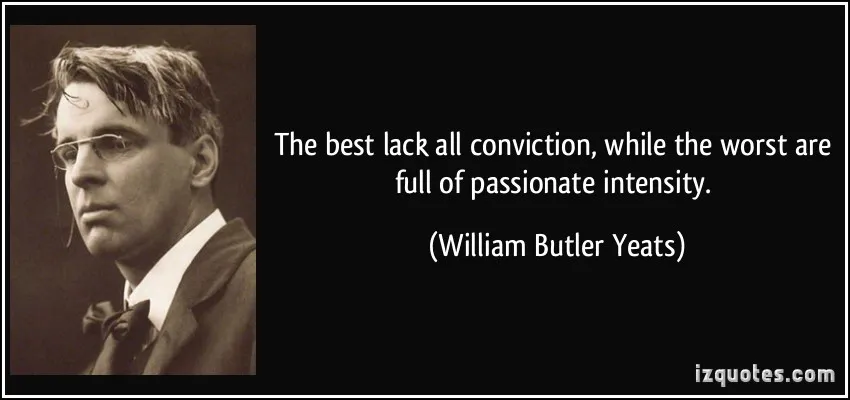
W.B. Yeats had several dimensions. As he moved through the phases of his life, his poetry evolved in style and choice of subject matter, though his reference points were surprisingly consistent. Yeats was an Irish nationalist and he grounded much of his poetry with names and symbols from Irish life. Both Irish and classical mythology were important to him. He observed nature and he had an interest in the supernatural, yet he made his poetic journey through the human world. And from an early age, Yeats could be described as an old soul, bringing both maturity and weariness to his writing.
Nothing ages a person like a long, unrequited love interest. For much of his life, Yeats was in love with a woman named Maud Gonne, who was a radical Irish nationalist. She did not reciprocate his interest in her, rejecting his offers of marriage four times, and going on to marry another man, which must have broken the poet’s heart. Though Yeats did have a physical affair with her later and eventually went on to have a happy marriage with another woman (and numerous affairs on the side), Maud Gonne was his unrequited muse.
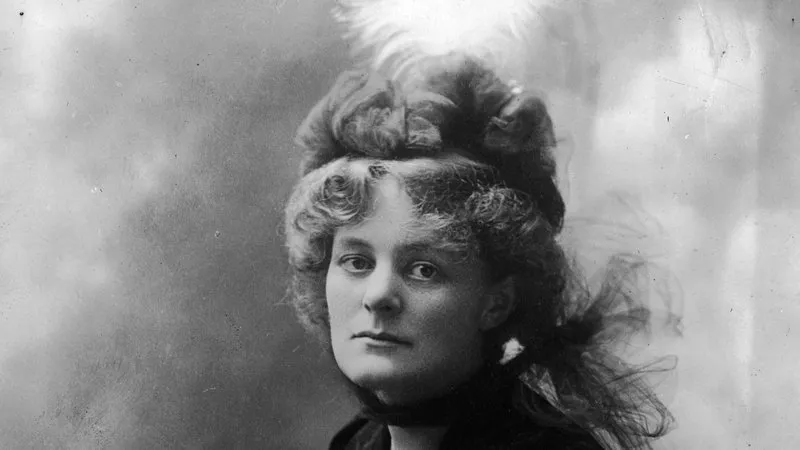
Maud Gonne
Here are three poems from that part of Yeats’ life. For anyone who has not read Yeats before, these provide a great entry point, and from here there are many more poems to discover. You can see how he suffered and poured his heart into his poetry. Would it have been so passionate if he had not been torturing himself with his thoughts for Maud Gonne? Often, it seems that suffering produces the best art.
No Second Troy
By William Butler Yeats
Why should I blame her that she filled my days
With misery, or that she would of late
Have taught to ignorant men most violent ways,
Or hurled the little streets upon the great,
Had they but courage equal to desire?
What could have made her peaceful with a mind
That nobleness made simple as a fire,
With beauty like a tightened bow, a kind
That is not natural in an age like this,
Being high and solitary and most stern?
Why, what could she have done, being what she is?
Was there another Troy for her to burn?
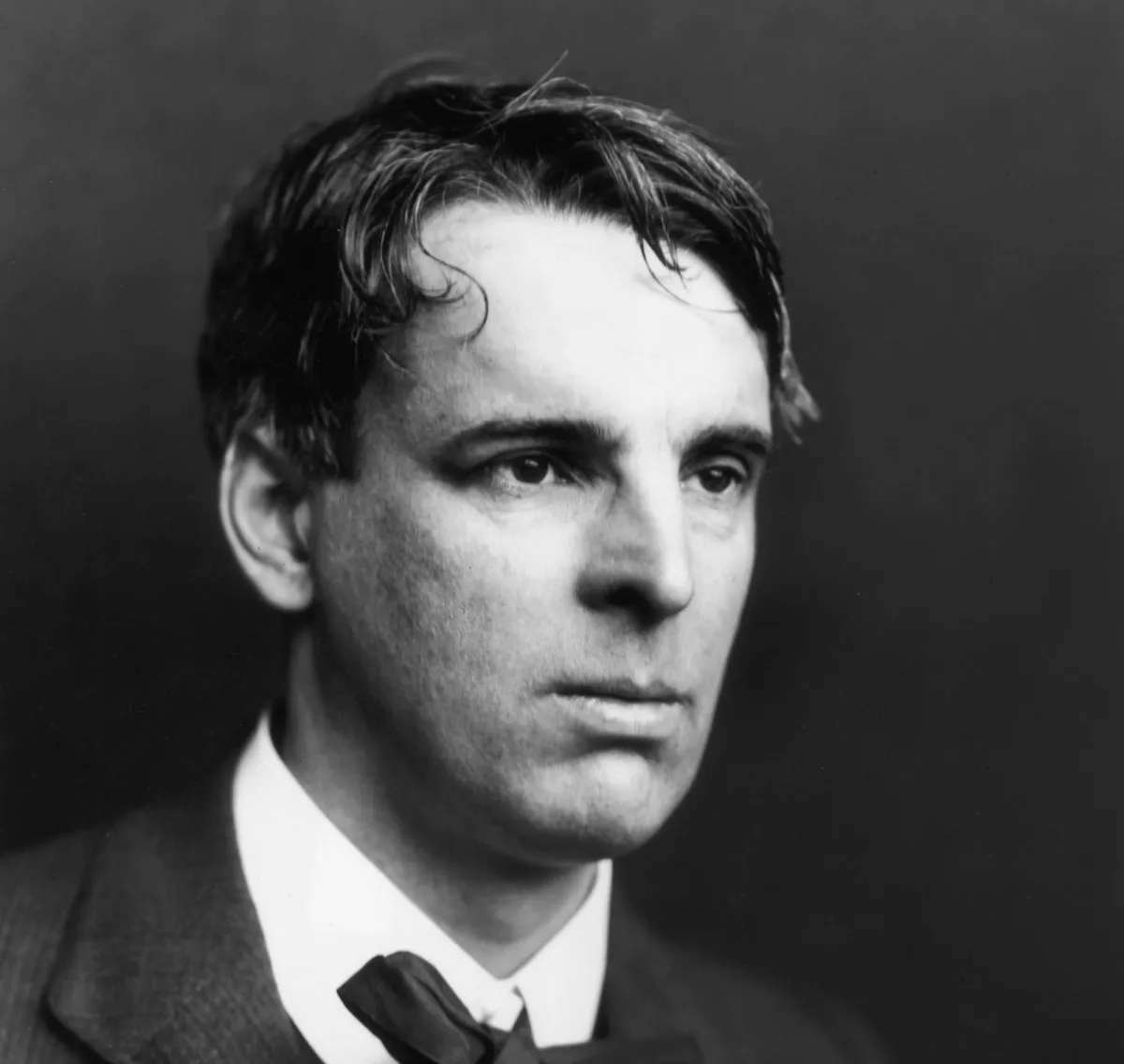
W.B. Yeats
The Sorrow of Love
By William Butler Yeats
The brawling of a sparrow in the eaves,
The brilliant moon and all the milky sky,
And all that famous harmony of leaves,
Had blotted out man's image and his cry.
A girl arose that had red mournful lips
And seemed the greatness of the world in tears,
Doomed like Odysseus and the labouring ships
And proud as Priam murdered with his peers;
Arose, and on the instant clamorous eaves,
A climbing moon upon an empty sky,
And all that lamentation of the leaves,
Could but compose man's image and his cry.
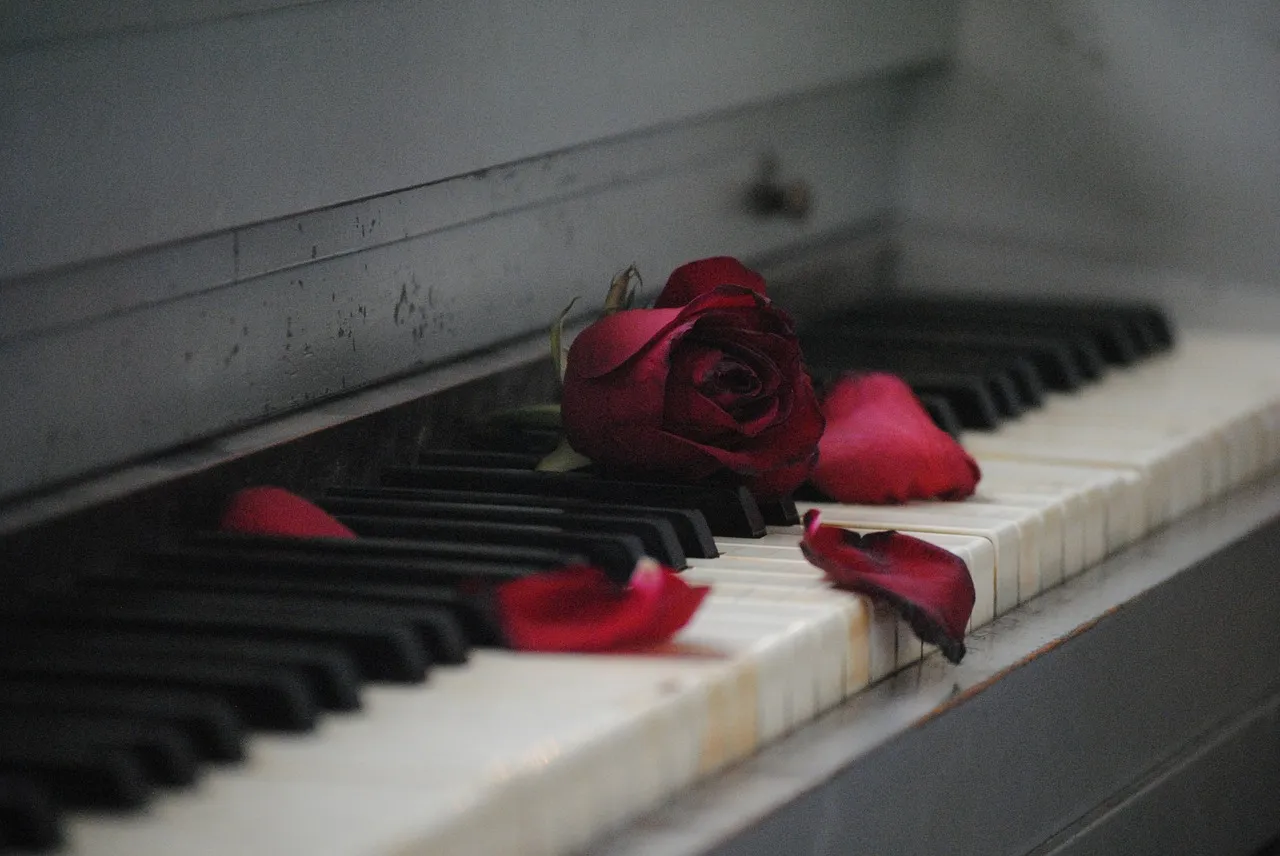
Never give all the Heart
By William Butler Yeats
Never give all the heart, for love
Will hardly seem worth thinking of
To passionate women if it seem
Certain, and they never dream
That it fades out from kiss to kiss;
For everything that’s lovely is
But a brief, dreamy, kind delight.
O never give the heart outright,
For they, for all smooth lips can say,
Have given their hearts up to the play.
And who could play it well enough
If deaf and dumb and blind with love?
He that made this knows all the cost,
For he gave all his heart and lost.
Needs No Translation
In those three poems, Yeats’ words were plain and he wore his passion on his sleeve. Having begun with some background at the beginning, I’ll let you do the rest of the work of analyzing them. You don’t really need a PhD in literature to do so. Their real meaning is what they mean to you.
Hopefully, you enjoyed this brief poetic interlude.
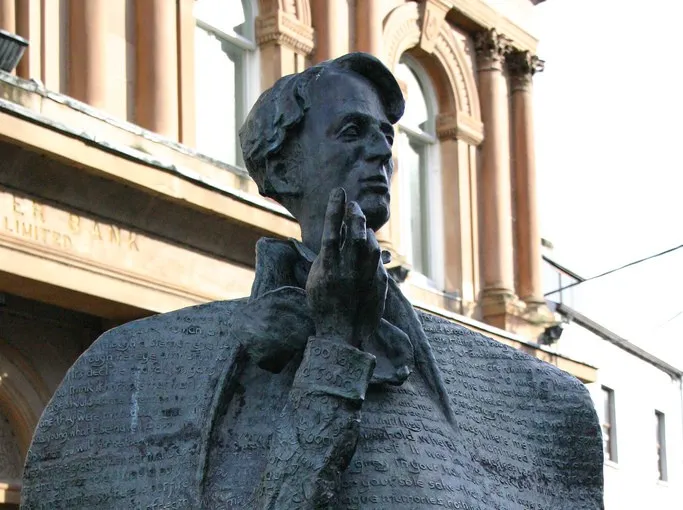
Yeats statute in his hometown of Sligo, Ireland.
W.B. Yeat's poems are public domain. A great source for poems is the following site: https://www.poetryfoundation.org/poets/william-butler-yeats
EDIT: I wrote that Maud Gonne rejected Yeat's offers of marriage three times. After looking this up again to confirm it, the correct number is FOUR times that she rejected his proposals, per https://en.wikipedia.org/wiki/W._B._Yeats#Maud_Gonne . The number in the text has been updated.
Images are believed to be public domain, except that first image is from Quotefancy.com and last image is used under Creative Commons license via Flickr.com by Marcus Murphy (and cropped by author).